World
Navigating Uncertainty: Lebanon’s Resilience Amid Escalating Conflict
Explore Lebanon’s unwavering resilience in the face of escalating conflict. This in-depth analysis delves into the challenges and triumphs of a nation navigating uncertainty, highlighting the strength and spirit of its people.
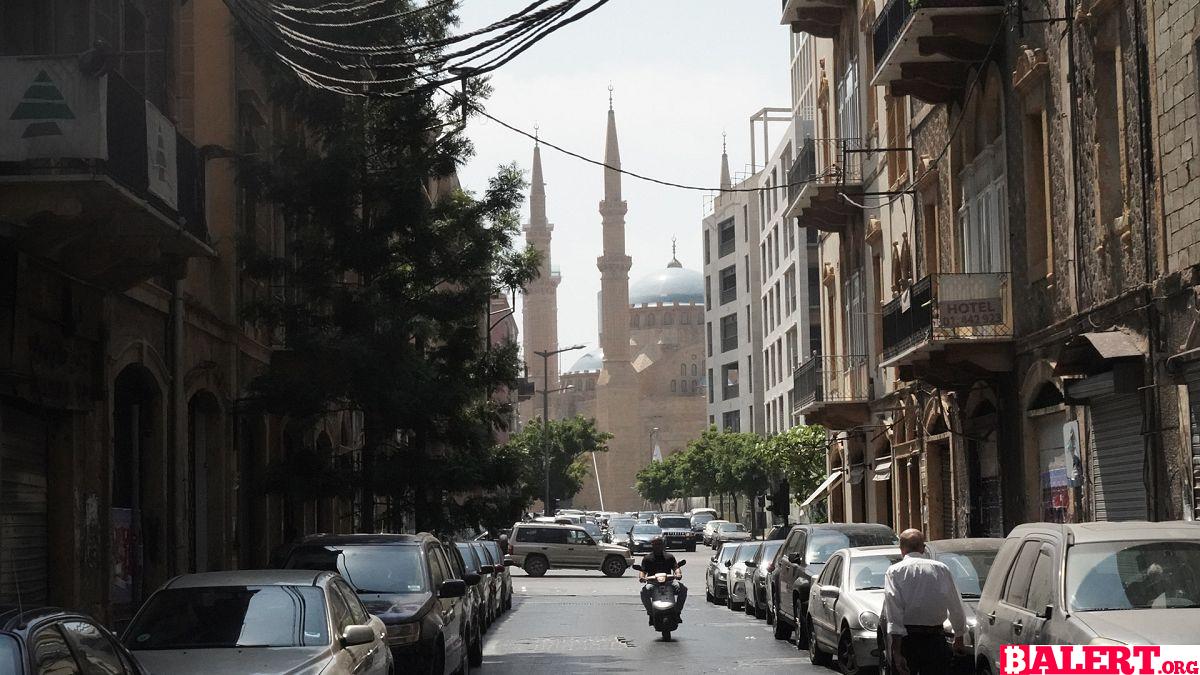
Arriving in Lebanon
I hear a child’s voice exclaim, “On est arrivés au Liban” — we have arrived in Lebanon. I can vividly imagine the child’s joyful face peering through the airplane window as the Transavia flight descends into Beirut, the capital of Lebanon. It’s mid-July, and the flight is bustling with families. Most of the passengers are Lebanese expatriates returning from Europe, eager to reconnect with their homeland for summer holidays. But so much has changed since they last visited.
A young woman in her thirties, born in Tripoli and now residing in Australia, shares her thoughts: “We are here for 10 days to visit our relatives. We also traveled to Europe. We’re in a good place where we live now.” When I inquire whether she left due to the ongoing tensions at the border, she adds, “It’s a mix of things. The country’s financial situation plays a significant role.” No one anticipated the turmoil that would unfold just days later. The situation shifts daily, and keeping track of developments proves challenging.
Escalation of Conflict
Last Saturday, a rocket attack in the Druze town of Majdal Shams in Northern Israel tragically claimed the lives of 12 children, prompting a fierce response from Israel. Hezbollah was accused of the attack, although the militant group vehemently denies any involvement, with many, including EU foreign policy chief Josep Borrell, calling for an independent investigation.
By the following Tuesday, Israel retaliated with a strike aimed at one of Hezbollah’s prominent commanders, Fuad Shukr. The strike targeted Beirut’s southern suburbs, specifically Haret Hreik, a well-known Hezbollah stronghold. In the aftermath, hundreds of flights in and out of Beirut were canceled, while various embassies issued warnings advising their citizens against traveling to the Lebanese capital.
I had already left the country before the flight disruptions began, yet I can’t help but think of the family I met on that plane. Will they be able to return safely to Australia? Where are they now?
A Serious Situation
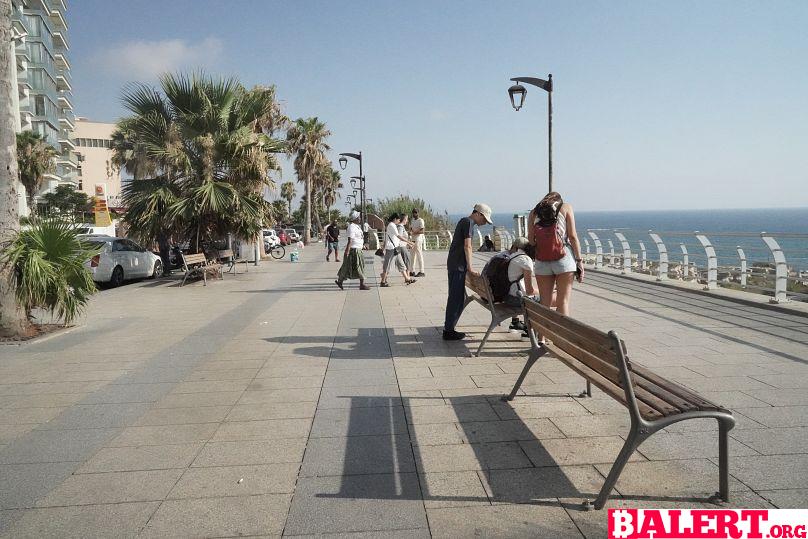
It’s around 8 pm in Beirut when I call my friend Mariam, who works as an Arabic language teacher in the capital. “I’m fine,” she reassures me, “but one of my uncles was injured in the explosion. I hope it’s nothing serious.” Reports indicate that at least five individuals lost their lives in the attack on Haret Hreik, with several others injured. Hezbollah has yet to confirm the commander’s death but acknowledged that Shukr was present in the building that was struck.
Rami Khouri, a fellow at the American University of Beirut, reflects on the situation, stating, “After 20-25 years of continuous military exchanges between Hezbollah, Hamas, Israel, and others, they are now aware that this doesn’t resolve anything. None of them desires a full-scale war.” However, he expresses concern that an accidental provocation could lead to broader conflict. “If Israel attacks Iranian positions and the Iranians retaliate,” he explains, “we could see a more extensive and perilous confrontation. Yet, I don’t believe it will escalate to that level.”
Khouri continues, “We witnessed a glimpse of this dynamic a few months ago when Iran attacked Israel. It was a negotiated response, controlled and measured, resulting in minimal casualties.” He emphasizes the seriousness of the situation, describing it as “not a game but a theatrical one. It may or may not continue, but we are still in a scripted phase where responses have been agreed upon by both sides.”
Memories of Destruction
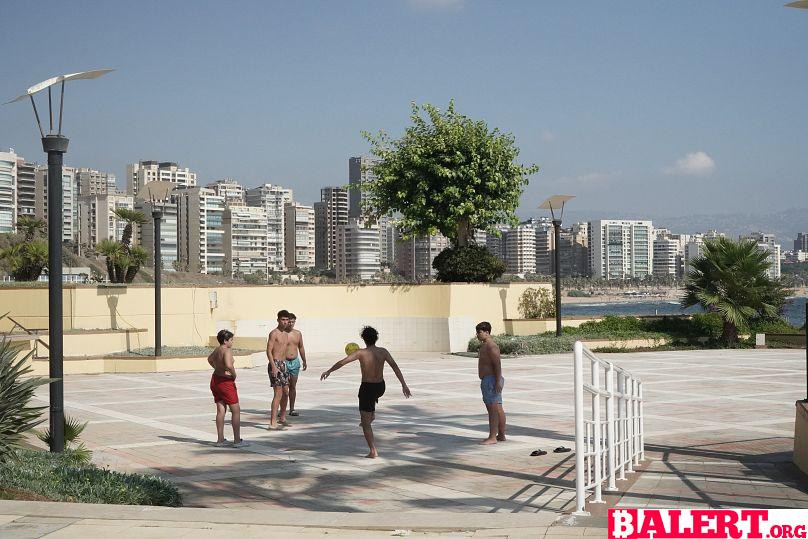
Having departed Beirut just days before the attack in the Golan Heights, I carry with me a profound impression of the resilience exhibited by the locals—residents and business owners alike—at the prospect of facing yet another war. Their strength, sense of community, and ability to adapt to the uncertainties of each day are genuinely remarkable. However, I wonder how long they can maintain this spirit. How can they balance their past traumas with the present, continually fighting back memories of the destruction and suffering wrought by previous conflicts?
Khouri believes that if the conflict expands across the region, we are unlikely to witness a full-scale war that devastates infrastructure and civilians as it did in 2006. “But anything can happen in such a rapidly evolving scenario,” he cautions.
Just hours after the attack in Southern Beirut, Hamas confirmed the death of its political leader, Ismail Haniyeh, in an Israeli strike in Tehran. In mere hours, two key figures in Iran’s network were targeted and eliminated. Even before delving into the analysis of the implications, it was evident that Haniyeh’s death marked a pivotal moment.
Iran’s Supreme Leader, Ayatollah Ali Khamenei, vowed “harsh punishment” for Israel, leading to an emergency UN meeting—this occurred shortly after a wave of optimism that a ceasefire between Israel and Hamas was within reach. Suddenly, tensions escalated dramatically.
Worsening Prospects
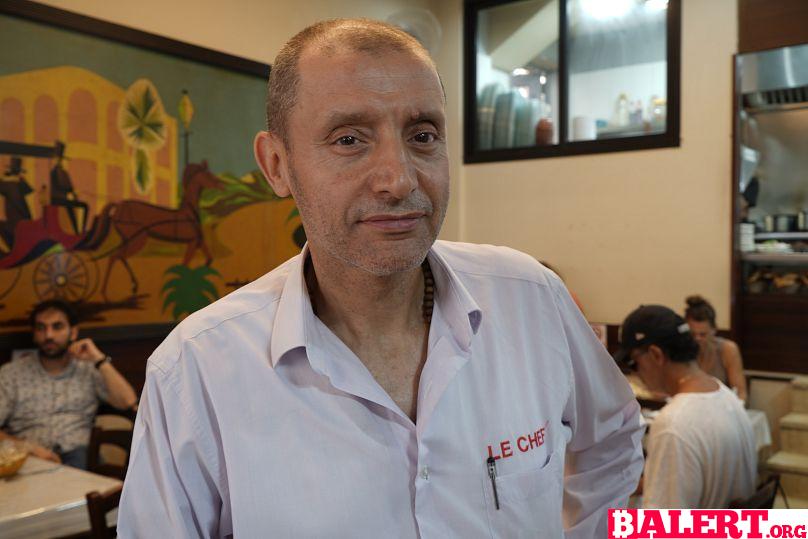
Michael Young, an analyst specializing in Lebanon, notes, “The likelihood of avoiding a broader conflict seems increasingly unrealistic. The involved parties have maneuvered themselves into a corner, forcing them to act to maintain their deterrent positions.” He suggests that Israel may seek to draw the United States into a conflict with Iran, recalling attempts to do so last April when Israel bombed the Iranian embassy in Damascus, adding a new dimension to the ongoing strife.
“If the US becomes involved, the nature of that involvement is critical,” Young explains. “Will it be defensive, as we saw in April, or will it involve preemptive strikes against Iran and its allies to protect Israel? This is where the true risk lies.” Young further asserts that it is nearly impossible for Israel to confront Iran and its allies independently; they require US support. However, he emphasizes, “the US administration appears to have lost influence over Israel. All I observe is confusion in Washington.” He warns that a full-scale war could devastate Lebanon, stating, “It would not only destroy the economy; it would dismantle society itself, making it exceedingly challenging to rebuild the nation.”
Seeking Peace
Having endured a 15-year civil war and the 2006 conflict between Israel and Hezbollah, Lebanon has become accustomed to managing multiple crises. Recently, the nation has been grappling with the aftermath of the catastrophic port explosion that rocked Beirut in 2020. Presently, Lebanon is facing one of its most severe economic crises, worsened by the ripple effects of the war in Ukraine. The country’s GDP has plummeted by 50%, with poverty now affecting 80% of the population. While pegging the local currency to the US dollar has alleviated some inflation, it has negatively impacted the livelihoods of those earning in Lebanese pounds. The tourism sector, a cornerstone of the economy, has also suffered greatly.
As I recall a conversation with a taxi driver, he lamented, “There are no more tourists; they have vanished.” This sentiment echoed the general atmosphere I sensed while wandering through the capital’s renowned bohemian street, Rue Gouraud, a vibrant area known for its dining establishments.
One of these establishments is “Le Chef,” which François Bassil opened in 1967, and which has since become a living testament to Lebanon’s history. It survived the civil war and the devastating port explosion not long ago. Charbel Bassil, François’ son who now manages the restaurant, warmly welcomes every customer. During lunchtime, the eatery is bustling.
“We live day by day, and thankfully, we depend on our local clientele,” Charbel says. “But all we desire is peace and for tourists to return. Our business has declined by 80%.”
Resilience on Display
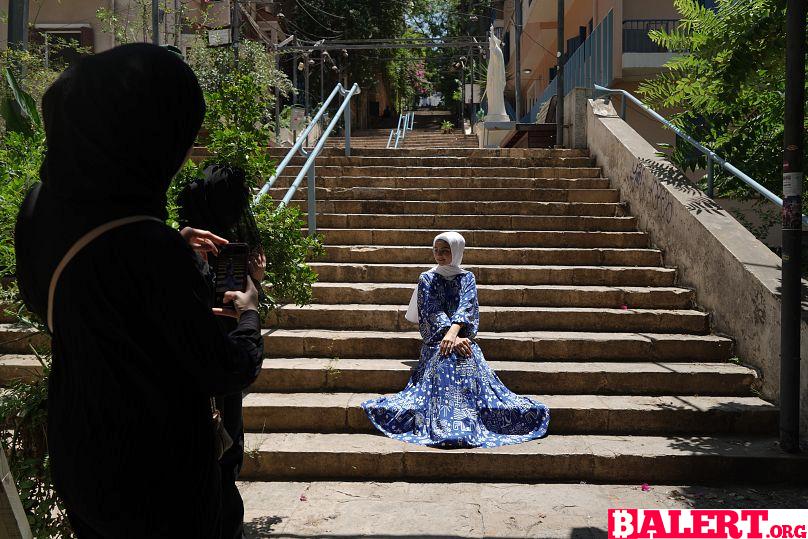
As I exit “Le Chef,” I notice a young model posing for photographs. With a bright smile, she introduces herself as Fatima, a 20-year-old influencer. “The economic crisis is truly concerning,” she admits, “but we continue to live our lives. Resilience is key.”
The story of Joseph, owner of the recently opened bakery “Levant,” presents a different perspective on the crisis. Having moved back to Lebanon from France, he launched his business last autumn, just weeks before the outbreak of war in Gaza. “At no point have I considered reversing my decision, fully aware of the risks,” Joseph shares, noting that some of his employees have tragically lost homes and loved ones due to bombings in the south. “The sense of community in Lebanon is unparalleled,” he adds.
Indeed, the rich tapestry of cultures and diverse religious communities coexisting in Lebanon is one of the nation’s greatest attractions. However, political stability remains elusive. The inability to reconcile differences has stymied the establishment of a credible government that represents all Lebanese citizens. With the prospect of a meaningful truce in Gaza now appearing increasingly dim, Young comments, “We are paying the price for Netanyahu’s need to survive politically. He has never desired a ceasefire in Gaza.”
Uncertain Future
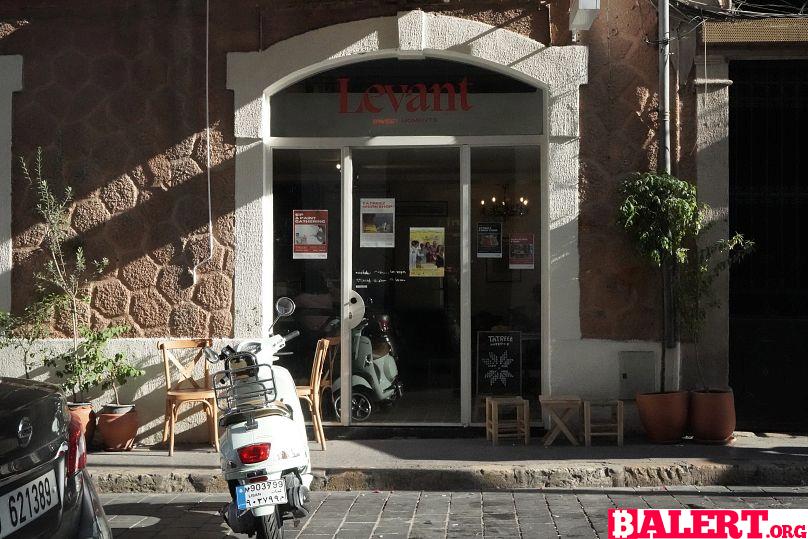
In the wake of the killing of Hamas’ leader Haniyeh, attention turned to a speech delivered by Hezbollah leader Hassan Nasrallah. Behind his cryptic message may lie the key to understanding the responses of both Iran and Hezbollah to Israel’s latest military actions. The message was unmistakable. Observers noted a significant shift in Nasrallah’s typically subdued tone in recent weeks. “Rejoice for a short while, and you will weep for a long time,” he warned, addressing Israelis. “We have entered a new phase on all fronts.”
Nasrallah underscored that he views the attack on Beirut’s southern suburbs as an act of aggression by Israel, rather than a mere “response.” Some of his statements hinted at a potential plan to retaliate against Israel in the same manner that Israel has targeted Lebanon and Iran.
Immediately, I reached out to Mariam to gauge the mood among her and her peers in the past few hours. “Yes,” she affirmed. “People are worried now, I won’t lie.” It seems that anxiety has permeated the air, which makes me reflect on my conversation with Joseph, and his resilience amid the uncertainty. He expressed a desire for Lebanon to be remembered for something beyond conflict. Above all, the message on the sticker at his café’s entrance resonates: “See you in Beirut, whatever happens.”
World
Dominique Pelicot Testifies in Harrowing Rape Trial
Join us as Dominique Pelicot courageously testifies in a harrowing rape trial, shedding light on the complexities of trauma and justice. Her powerful story raises crucial questions about the legal system and the importance of support for survivors.

Dominique Pelicot Takes the Stand in Shocking Rape Trial
In a courtroom drama that has captivated France and garnered international attention, Dominique Pelicot, the man at the center of a harrowing rape trial, finally addressed the court. With tears streaming down his face, he recounted how his wife had been instrumental in helping him cope with a tumultuous past marked by trauma. He revealed that he had endured a sexual assault at the tender age of nine while hospitalized, and he also witnessed a gang rape during his teenage years while working as an apprentice electrician on a construction site.
“She didn’t deserve this, I acknowledge that,” Mr. Pelicot stated, his voice barely audible as he struggled to convey his emotions. The gravity of the situation weighed heavily on him, and the courtroom fell silent, straining to catch his every word.
Now 71 years old, Mr. Pelicot faces serious allegations of drugging his wife, Gisèle Pelicot, whom he has been married to for half a century, over a span of nearly ten years. Prosecutors contend that he used drugs to render her comatose, allowing him to rape her repeatedly. Furthermore, authorities allege that he went so far as to invite numerous men into their home, facilitating a nightmarish scenario where they, too, engaged in the assault of his wife.
Overall, 51 men, including Mr. Pelicot, are on trial concurrently, primarily facing charges related to the aggravated rape of Ms. Pelicot. Among them, one individual has already pleaded guilty to similar crimes, admitting to drugging his own wife to assault her and inviting Mr. Pelicot to partake in the horrific act while she was incapacitated.
Mr. Pelicot’s unexpected testimony came after a tumultuous start to the trial. Just a week in, he was stricken with severe health issues that forced him to miss four consecutive days in court. The head judge ultimately decided to postpone proceedings, as Mr. Pelicot was diagnosed with kidney stones, a kidney infection, and prostate complications, adding yet another layer of complexity to this already harrowing case.
World
Meta Bans Russian State Media Outlets from Social Media Platforms
Explore the implications of Meta’s decision to ban Russian state media outlets from its social media platforms. Understand the impact on information dissemination and the ongoing battle against misinformation in the digital landscape.

Meta Imposes Global Ban on Russian State Media Outlets
In a significant move, Meta Platforms, Inc., the parent company of Facebook, has announced the prohibition of Russian state media outlets, including RT (Russia Today) and Rossiya Segodnya, from all its social media platforms. The decision stems from the company’s concerns regarding the deceptive strategies employed by these media organizations to execute covert influence operations across the internet.
Meta made this announcement on Monday, emphasizing that the ban will be enforced worldwide across its various platforms, such as Instagram, WhatsApp, and Threads. The rollout of this ban is expected to take place over the coming days.
Statement from Meta
A spokesperson for Meta elaborated on the decision, stating, “After careful consideration, we have expanded our ongoing enforcement actions against Russian state media outlets. As a result, Rossiya Segodnya, RT, and other affiliated entities are now banned from our applications globally due to their involvement in foreign interference activities.”
For further insights into this development, watch the video in the player above.
World
Trump Recalls Alleged Assassination Attempt While Golfing
Explore Donald Trump’s chilling recollection of an alleged assassination attempt he experienced while enjoying a round of golf. Delve into the tense moments and his reflections on safety, fame, and the unpredictability of public life.

In a recent interview on the social media platform X, Republican presidential nominee Donald Trump recounted a harrowing incident he claims to have experienced while playing golf. Trump described how, during a peaceful Sunday morning round with friends, the tranquility of the day was abruptly shattered by the sound of gunfire in the air.
“It was a beautiful day, everything was just perfect,” Trump reflected. “Then all of a sudden, we heard shots being fired—probably around four or five in total.” He went on to explain that a Secret Service agent was the first to spot the suspect, who was allegedly armed with an AK-47, a powerful assault rifle.
“The agent saw the barrel of the weapon and immediately took action, returning fire at the barrel and aiming in the direction of the bushes,” Trump detailed. “I would have loved to have sunk that last putt, but we decided it was best to leave the scene promptly.”
Trump expressed his gratitude towards the agents and a vigilant civilian who aided in tracking down the suspect, who was eventually apprehended following a high-speed chase.
Suspect Faces Multiple Federal Gun Charges
The FBI has identified the suspect as Ryan Wesley Routh, accusing him of targeting Trump during his time at the golf club in West Palm Beach, Florida. According to an FBI report, Routh had allegedly hidden among the hedges of the golf course for an astonishing 12 hours. Authorities discovered an SKS-style assault rifle, a GoPro camera, and a bag of food at the scene.
The 58-year-old Routh is now facing two serious federal gun charges. If convicted on both counts, he could face a combined maximum sentence of 20 years in prison. Notably, neither of the charges is directly related to an assassination attempt. The first charge pertains to possessing a firearm despite a prior felony conviction, which carries a potential 15-year sentence, a fine of $250,000 (€225,000), and three years of supervised release.
The second charge involves possession of a firearm with an obliterated serial number, which could result in a five-year prison term, the same financial penalties, and also three years of supervised release. As the investigation continues, additional charges could be forthcoming.
While the motive behind Routh’s actions remains unclear, his digital footprint reveals strong political affiliations, particularly concerning issues surrounding Ukraine and China. Routh consistently expressed support for Ukraine across various social media platforms, even claiming to have orchestrated a recruitment scheme for international volunteers aiming to assist Ukraine in its fight against Russia’s invasion. This behavior has been denounced by Ukrainian soldiers and members of the International Legion, who disavowed Routh’s actions and motives.
-

 Business7 months ago
Business7 months agoThe Significance of Jackson Hole: A Central Banking Tradition
-

 Tech6 months ago
Tech6 months agoNew Leaks and Features About the Samsung Galaxy S25 Ultra
-

 Article9 months ago
Article9 months agoCreative Design Applications Developed with Artificial Intelligence
-

 Business6 months ago
Business6 months agoBhutan’s Strategic Investment in Bitcoin: A New Era for the Himalayan Kingdom
-

 Business8 months ago
Business8 months agoObituary: Dan Collins
-

 World6 months ago
World6 months agoThierry Breton Resigns: Impact on European Union Leadership
-

 Gaming6 months ago
Gaming6 months agoNew Details and Trailer Released for Dead Rising Deluxe Remaster
-

 Gaming6 months ago
Gaming6 months agoNew Details for Alan Wake 2 and PlayStation 5 Pro Announcement












